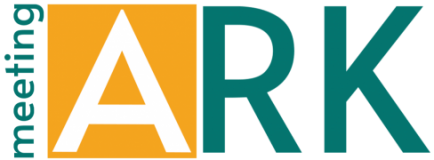Running a Meeting

The third stage in our model for effective meetings is Running a Meeting. On the MeetingArk website you can find discussion groups about Running a Meeting, and a set of FAQs (and answers) relating to Running a Meeting.
Our discussion groups on Running a Meeting encompass a number of topics, starting with chairing a meeting. We think that doing this effectively requires being a good listener and the ability to bring the best out of all the meeting attendees. And in a meeting where differing views or positions need to be resolved, the chair should ideally be a neutral. We are sure you will also have views on what makes a good chair, and would like to hear them in the discussion group.
You might think that chairing a meeting is all there is to Running a Meeting – being in the chair is one aspect of Running a Meeting, possibly the most important one, but there are other topics that also merit consideration
These start with assigning roles. The chair is obviously an important role – other roles that need to be performed include those of note-taker, time-keeper, scope-monitor and facilitator. All could be taken by the chair (and often are in small group meetings) but there are benefits from allocating them to different people.
Another topic, that seems quite mundane, is reviewing previous minutes. Care needs to be taken when reviewing minutes and actions, so that this doesn’t overlap too much with specific items already on the agenda. Also, is it best to do this at the start of a meeting, or as a wash-up activity at the end?
Keeping on time & on track is an important topic. The most common criticisms of meetings are that they overrun, or that too much time is spent talking about things other than the intended agenda. We hope this discussion group can generate lots of ideas and tips for keeping your meetings more focussed.
There is also a discussion group on soliciting contributions. Traditionally this is a task for the chair, so there will inevitably be some overlap between this and the chairing a meeting discussion group. Similarly managing interpersonal conflict often falls to the chair. However, everyone involved in a meeting should take some responsibility for ensuring that all participants are able to contribute and that interpersonal conflicts don’t wreck the meeting.
The final discussion topic under Running a Meeting is reaching agreement & dealing with disagreement. This area overlaps considerably with negotiating and deal-making skills and so we would expect some contributions to the discussion from this perspective.
We hope you find these discussion groups useful and hope you will contribute to some or all of these discussions about Running a Meeting.



Leave a Reply